
Oral surgery and tooth extraction require some time and care after the treatment. It is important to know what to do and what to avoid during the recovery period, in order to prevent complications and to allow the wound to heal quickly and properly.
As soon as the anaesthetic wears off and in the first few days, there will be some pain. It is advised to take some painkillers to relieve the pain, and they should be taken immediately, before the pain starts. The usual analgesics recommended for persons who underwent oral surgery or had their tooth pulled out are ibuprofen or ketoprofen. This should be discussed with a doctor as some people should not take them for medical reasons.
There are some drugs that contain codeine for extra relief. Aspirin should be avoided as it increases bleeding and thus makes it difficult to form a clot.
It is advised to rest after surgery. There should be no heavy lifting or intense exercising for at least two or three days. While sleeping, the head should be slightly lifted on the pillow.
There will be some bleeding after the procedure. Some people tend to panic at the amount of blood present in the first few hours, but that liquid is actually a mixture of a small amount of blood and a larger amount of saliva. The dentist will place a gauze pad on the wound to stop the bleeding. This pad should be replaced a couple of times a day. Patients can even buy their own sanitary gauze, moisten it, place it on the wound and gently bite on it to keep in place. This should stop the bleeding. The other option is placing a tea bag on the wound and biting on it. The tannins in black tea have the ability to stop bleeding and promote clotting.
Rinsing is not advised in the first 24 hours but after this period it is important to rinse in order to clean the wound of possible traces of food. A good solution for rinsing is warm (not hot) water with one teaspoon of sea salt. There are some liquids based on chlorhexidine that can be used for rinsing as they contain antibacterial agents.
The most important thing to avoid during the healing process is touching or dislodging the cloth. The cloth seals the wound, prevents bleeding and enables healing. The area should not be touched with the tongue and especially not with fingers. Brushing must be done carefully and gently, especially in the first three or four days. Rinsing should be gentle.
The diet in the first few days usually consists of soft foods such as soup, yogurt, milkshakes, mashed potatoes, even baby food. Spicy foods, sodas, hot drinks and alcohol are to be avoided.
Surgery or the removal of wisdom teeth can sometimes cause swelling. An icepack held on the cheek will help with that. Sometimes people who underwent wisdom teeth removal have difficulty opening their mouths because the jaw is stiff and sore. It is important to exercise the jaw by opening the mouth a little more each time, but carefully.
Gum tissue heals after three to four weeks, but it may take up to six months for the bone to heal completely. The pain, however, will subside by the second day.


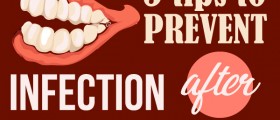
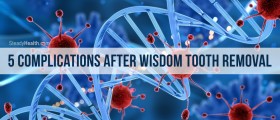
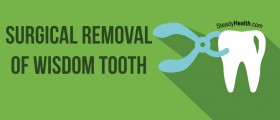
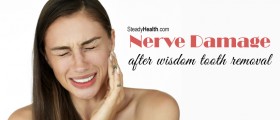

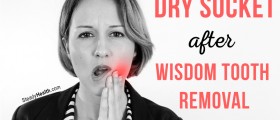
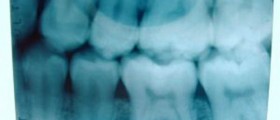
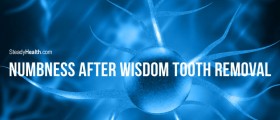

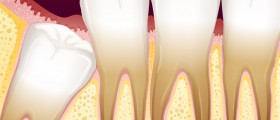
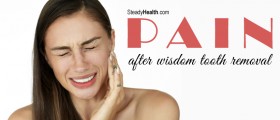

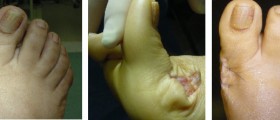


Your thoughts on this
Loading...